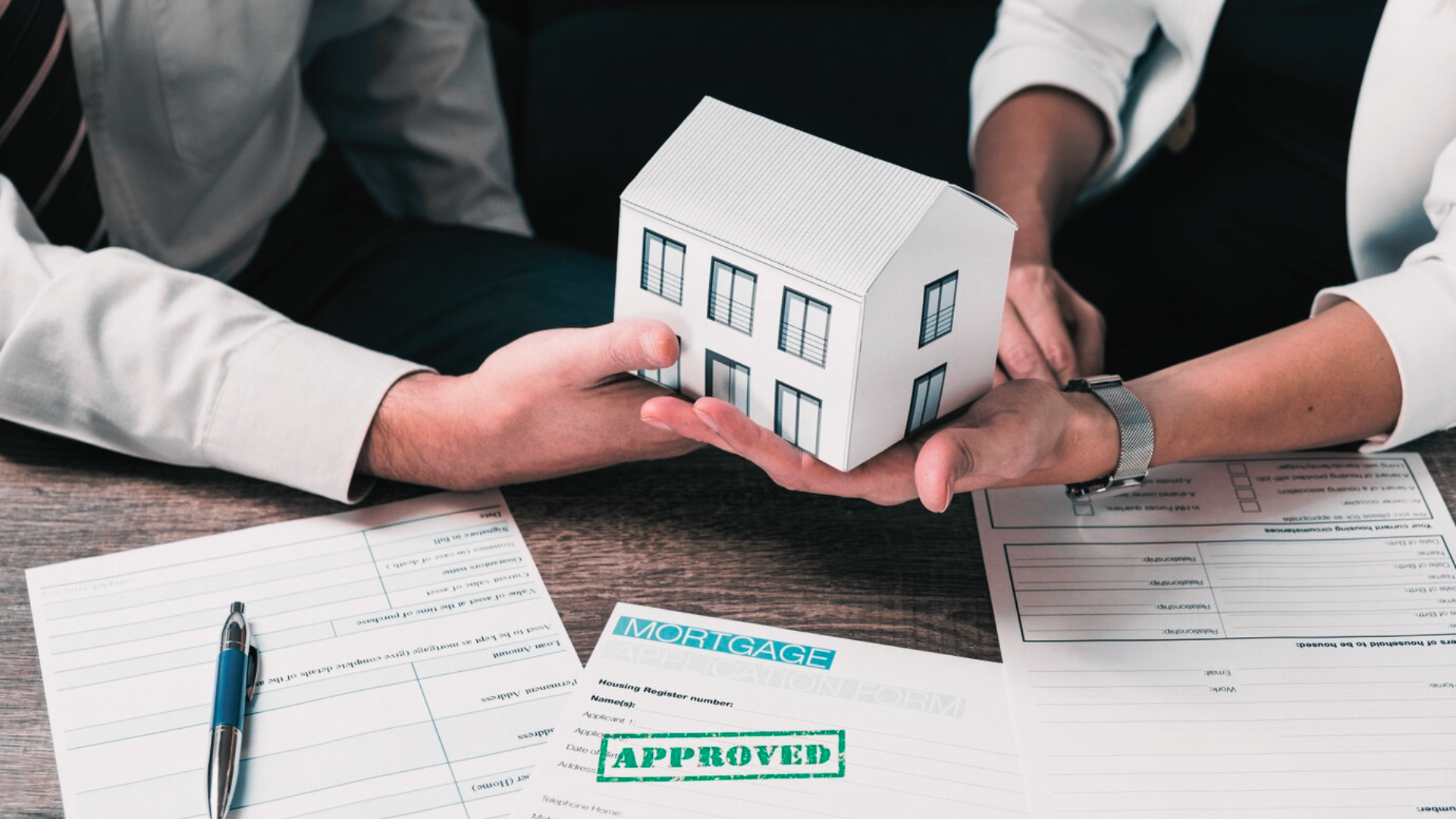A Business loan Against Property (BLAP) or mortgage loan is a popular way to raise cash whether you have a personal emergency or want to invest in a business without selling your residential or commercial property.
BLAP is a secured loan applicable to both salaried and self-employed individuals and offers a certain percentage of the property’s value in lieu of a mortgage. You can raise the desired amount by offering the property as collateral for a limited time.
This blog will help you evaluate if pledging or mortgaging is the right instrument for your financial needs.
Understanding Business Loan Against Property
If you own a residential or commercial property with a clear title deed defining the ownership, it can be a solid financing option without liquidation. You can opt to pledge/mortgage the property to leverage a loan of 50% – 70% of its value. The lender’s appraisal process evaluates this percentage, which includes a legal verification of the title deeds.
You can use an BLAP to fund any personal or business need, including:
- Medical emergency
- Wedding or education of a child
- Business expansion
- Debt consolidation
Is It Cost-effective to Avail Business Loan Against Property in India?
An BLAP is beneficial and convenient for most financial requirements. Like any other mortgage, one must plan the lifecycle of the loan meticulously. This guide will help you understand the best practices for securing an BLAP.
Here are the benefits of considering BLAP:
- Long/flexible repayment plan: You can choose a repayment tenure depending on your future financial status projection.
- Lower interest rates: Unsecured loans and personal loans have a significantly higher rate and a lower repayment tenure. Compared to these, BLAP has lower interest rates, longer tenure, and affordable EMIs for more flexibility.
- Easy to avail: Since it is a secured loan with a clear title deed of a property you own, it is easy for the lender to disburse. Compared to unsecured loans, BLAP takes significantly less time.
Can I Get a 100% Loan Against Property?
Reserve Bank of India (RBI) currently states the following conditions to get an BLAP to secure both the lender and the borrower:
- Regulatory framework: RBI does not allow banks and NBFCs to lend money equal to 100% of the value of the property to ensure a safety net for the lender.
- Lending limit: Banks and NBFCs currently lend between 50% and 70% of the property’s value. For example, if your property is worth 1 cr., you would be eligible for an BLAP of up to 70 lacs.
- Market value assessment: Lenders thoroughly assess the market value of the property, including the location, current market trends, and the physical condition. Based on these factors, the lenders decide the maximum amount.
How Much Business Loan Against Property Can I Get?
Most lenders offer between 50% and 70%. However, the final figure depends on several factors, including:
- Property value: Once you apply for an BLAP, the lender will undertake a detailed property valuation which is one of the essential factors that decide the loan amount.
- Income: The lender will check your bank statements and current income to assess repayment capacity, financial stability, and other running loans.
- Property type and location: Urban properties and those in prime locations will fetch a higher loan amount due to their higher market value. Rural properties and those in less attractive locations will fetch a lower BLAP.
What is the Minimum CIBIL Score Needed for a Business Loan Against Property?
CIBIL score or credit score is the benchmark and a lender’s primary reference to assess a customer’s financial stability and the loan amount you can get. For an BLAP, you need a minimum credit score of 700, which reflects your creditworthiness.
The higher the credit score, the better terms you can negotiate, including lower interest rates and higher loan amounts. A high CIBIL score also makes you eligible for top-up loans, revolving, facilities, renewal of loans, etc. A strong credit history and convenient terms make it easy to repay the loan.
Documents Needed to Secure a Business Loan Against Property
The standard list of documents to ensure eligibility is given below. However, the financial institutions may ask you for additional documents based on your credit profile before sanctioning the loan:
- Proof of residence and identity: Government-issued documents such as PAN card, Aadhar card, voter ID, ration card, and passport are valid proofs of identity and residence.
- Income proof: If you are salaried, your recent salary slips, ITR, and Form 16 will be required. For business owners, the lender may ask for balance sheets, profit and loss statements, and IT returns.
- Property documents: Original title deed that verifies the ownership, registered sale deed, property tax receipts, and government-approved plan. You also need a No Objection Certificate (NOC) if the property is within a housing society.
- Bank statements: Lenders ask for 6-12 months of bank statements to assess the client’s financial stability and spending behaviour.
- Credit report: Lenders usually fetch the credit report through the CIBIL portal to assess your financial history. The higher the credit score, the better the terms and conditions you can negotiate.
- Legal and valuation report: Some lenders may ask for a valuation or legal check report through a third-party evaluator to assess the property’s market value.
You can get detailed information about the documents required for securing an BLAP here.
To conclude, borrowing money through business loan against property is an intelligent and wise financial tool to raise funds when you need them the most. With vital supporting documents, you can get a disbursement in as little as three days. Unlock the value of your property without the need to sell it and invest the amount in business expansion or use it for personal emergencies.
—
FAQ
Is it advisable to take a business loan against property?
BLAP is a secured loan that is easy to avail, has a lower interest rate, and a higher payment tenure. Yes, it is advisable to take BLAP for business expansion or personal emergencies.
Is a business loan against property eligible for tax exemption?
Currently, there are no tax benefits for BLAP under Section 80C of the Income Tax Act.




